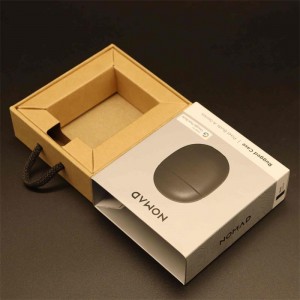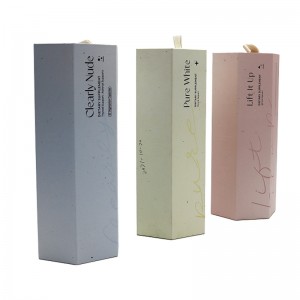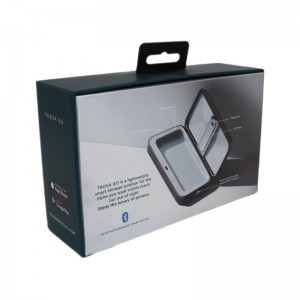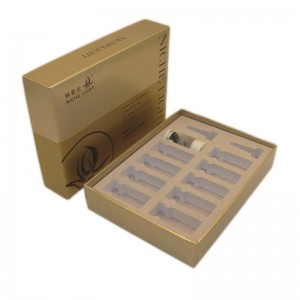Recyclable FSC Paper Cardboard Tray Electronics Rugged Case Packaging
Product Details
| Size: | Customized |
| Material: | FSC Kraft Paper, Paperboard |
| Colour: | Natural Color /with color Printing |
| Surface finishing: | Matte foil |
| Sample: | Free blank sample is available with express freight collected. |
| Payment: | 30% T/T deposit, 70 % paid before shipping |
| MP Delivery Time: | 7-10 Days according to the quantity |
| Shipping port | Shenzhen ,China |
Recyclable definition
Recyclable materials, when disposed of correctly, can be broken down into a rawer form and turned into new material. Recyclable products may be mixed with other recycled materials or virgin material to be turned into a new product. All municipalities in the EU [1] are required by law to offer recycling bins to residents and recycle the materials accordingly.



Materials
All products are vetted for quality and environmental impact. We are committed to full transparency around the sustainability qualities of each material or product we produce
Why you should use recyclable materials
Recyclable materials lower the demand for virgin materials and the energy needed to produce them. Recyclable materials may be important to a brand in order to lower their own carbon emissions or because they value using and being a part of a circular economy.
If end users don’t have access to municipal recycling facilities, recyclable cardboard can be used in a home compost [2] heap.
Why you shouldn’t use recyclable materials
There is no real drawback from using recyclable materials. However, your company and customers need to be aware that not all recyclable materials are actually recycled, because of a lack of infrastructure on the country level or because of greasy food remains (e.g., pizza boxes).
Combining materials in the same packaging can also prevent it from being recyclable: for example, plastic film, aluminium foil and paper. They provide a high barrier, as each material has different properties, which means they protect the product better and extend their shelf life. Globally, it’s still best to use recyclable rather than non-recyclable material.
















